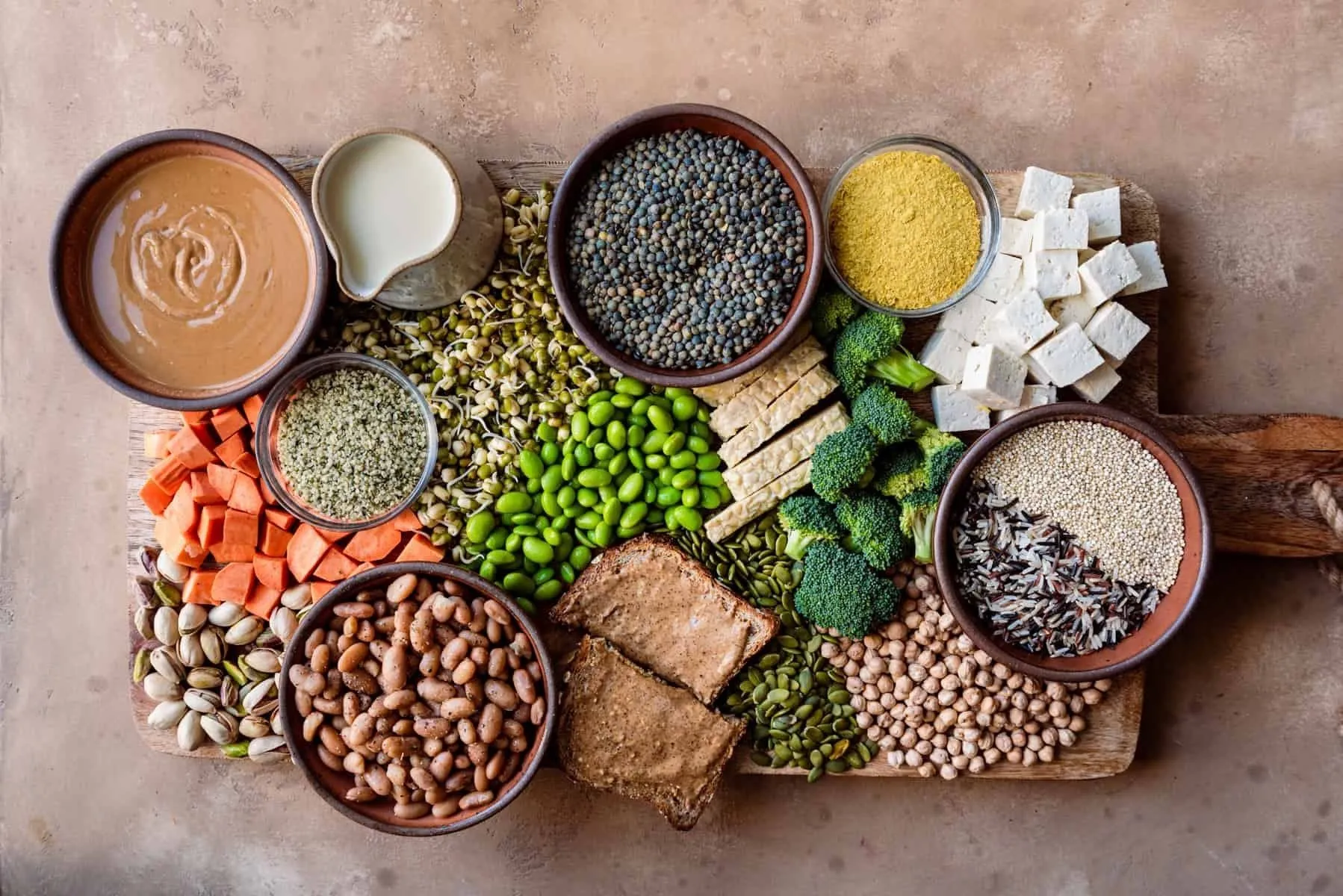
Alcohol has always been an ambiguous companion in our lives. On one hand, a glass of wine or champagne is associated with festive moods and social relaxation, but on the other — it is a toxic substance that affects our body on many levels. In this article, we have compiled key information about alcohol, its impact on health, and tips for those who decide to occasionally indulge in a drink.
🍾 If you don’t drink, there is no reason to start.
There is no safe or beneficial dose of alcohol. There are low-risk doses and those that your body can tolerate and somewhat adequately process and eliminate (harmful doses start at 2.5-3 glasses of wine).
🍾 Alcohol is toxic.
Not only for the liver but also for blood sugar levels. These fluctuations are a modern problem and a trigger for many conditions we are currently fighting. It harms the brain, digestive system, and supports inflammation.
🍾 Chronic alcohol consumption, even in low and moderate amounts (1-2 servings per day or 7-14 per week), can impair brain function.
When people drink, the prefrontal cortex and inhibitory mechanisms weaken, and impulsive behavior increases. This is noticeable in the short term while drinking (feeling happy and relaxed) but also rewires neural pathways in long-term drinkers (even those who drink 1-2 times per week).
The harmful effects on the prefrontal cortex and the remodeling of neural circuits are reversible in most cases after 2-6 months of abstinence. Chronic drinkers may partially recover but are likely to experience long-term consequences.
When people drink, the prefrontal cortex and circuits controlling memory shut down, creating a fork in the road:
- Group 1: People who feel sedated after a few drinks.
- Group 2: People who do not feel relaxed after a few drinks (higher predisposition to alcoholism).
🍾 Alcohol and stress.
People who regularly consume alcohol (even in small amounts, such as one drink a night) experience increased cortisol release from the adrenal glands when not drinking. This leads to heightened stress and anxiety during periods of abstinence.
With increased alcohol tolerance, you feel less well-being and more pain, which behaviorally drives you to drink more to re-activate dopamine and serotonin molecules.
The risk of breast cancer increases among women who drink. For every 10 grams of alcohol consumed daily, the risk of cancer increases by 4-13% (alcohol accelerates tumor growth and destroys molecules that suppress tumor growth).
Regular alcohol consumption increases estrogen levels in both men and women.
🍾🍾🍾 If you choose to drink — CHOOSE YOUR FAVORITE.
If you drink, it is a choice of pleasure, hedonism, and social relaxation, not a health choice.
Let it be a pure drink. Skip cola, syrups, and beer. For blood sugar levels, it is better to choose an IPA if it’s beer. Ask for sparkling water with lemon for cocktails instead of tonic or fruit juices if possible. Dry sparkling wines (champagne, cava, natural pet-nats) or pure distillates (better if not from grains or sugars — mezcal, cognac, bitters) are better options.
Wine remains the best choice for stable glucose levels.



